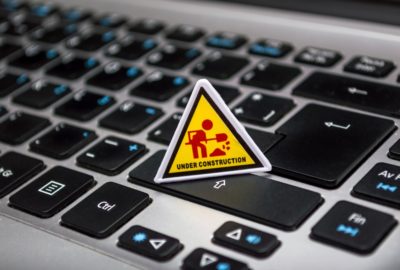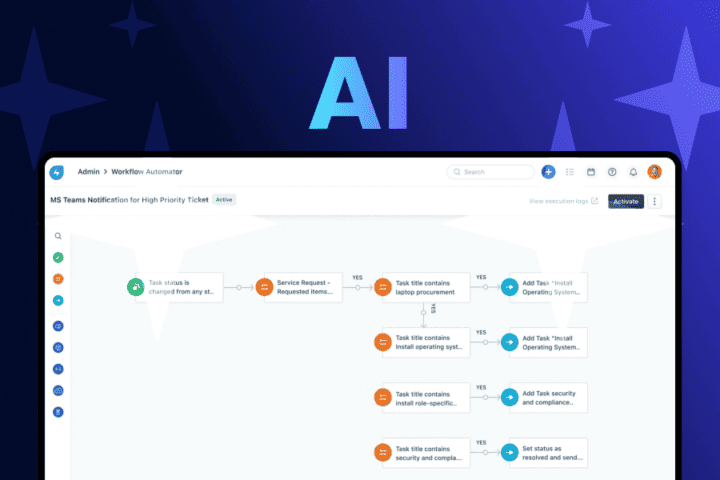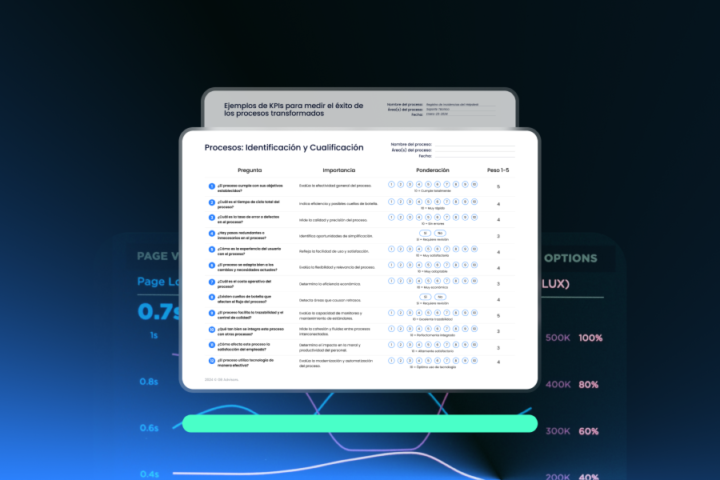 The subject of cybersecurity continues to make noise, and that is because the protection of computer systems within organizations has become an essential factor for the success of today’s businesses. However, among all the information available on cybersecurity, it is also possible to find some misconceptions that far from helping to maintain corporate security, contribute to putting it at risk.
The subject of cybersecurity continues to make noise, and that is because the protection of computer systems within organizations has become an essential factor for the success of today’s businesses. However, among all the information available on cybersecurity, it is also possible to find some misconceptions that far from helping to maintain corporate security, contribute to putting it at risk.
These “myths”, based on some popular beliefs, make it difficult to create strategies that really contribute to protecting the computing environments of organizations. That’s why in order to propel you on your way to a 100% secure company, we’ve decided to clear up some common misconceptions about cybersecurity. Read on and learn more.
What exactly is cybersecurity?
The Internet, the creation of mobile devices, and technological advancement, in general, have contributed enormously to revolutionizing the way we solve problems, which has accelerated the development of our societies and has undoubtedly given us a more comfortable lifestyle.
However, the era of technology has also brought with it its own threats, leading to the emergence of cybersecurity. Cybersecurity is nothing more than a discipline that combines processes, technology, and best practices to ensure the security of data and computing resources within a system.

The main objective of cybersecurity is to minimize the risk posed to businesses and individuals by the use of information technologies by ensuring that their computing environments are protected at all times against unauthorized damage, attack or intrusion.
Why is it so important to organizations?
The digital world provides us with infinite advantages and resources, but it is also plagued by constantly evolving malicious elements. Every day a new threat is born aimed at finding and attacking the vulnerabilities of a system for the benefit of cybercriminals.
That is why considering that nowadays Information Technologies occupy a central axis for the development of the companies. It is vital that organizations make cybersecurity a priority within their internal strategies. As a highly protected system ensures the continuity of service and business success.
3 myths related to cybersecurity
It is not clear where exactly some myths related to cybersecurity arise from, but what is clear is that leaving them behind is the first step towards a truly effective security strategy. Among the most popular myths are the following:
#1 The use of free antivirus is enough to protect my systems

If one thing is true, it is that an antivirus tool plays a key role in maintaining the protection of any organization. However, many users (and businesses) often make the mistake of thinking that this type of solution will by itself protect the entire system. Some even go further and convince themselves that free antivirus is enough to keep threats at bay.
Far from it, antivirus software is just the beginning of a comprehensive cybersecurity plan. To truly protect your organization, you need a comprehensive strategy that addresses everything from proper employee training to internal threat detection and protection against unexpected risks.
To clarify this point a little, we show you some data related to free antivirus:
- As we all know if the antivirus is not updated correctly, its protection capacity is weakened. In other words, updates are vital. The problem is that free antivirus usually need manual updates; and in a corporate environment composed of several computers, this can lead to lost time and increased risk.
- Free antivirus programs are much less effective in detecting new threats than those that are fee-based. So if a new virus spreads very quickly; the free antivirus may not yet know its signature, and therefore may not detect it at the time of infection.
- Free antivirus programs usually do not offer a support service, and if they do, their availability is quite limited. This means that when you need updates or patches, you will be alone.
#2 Cybercriminals usually attack only large companies
This statement is of course false. Lately, we have seen a lot of news about massive attacks on large companies; this has probably led some members of SMEs to believe that they will not be attacked.
The reality is very different. Many companies have suffered random attacks; in which hackers do not target a specific objective but focus on detecting any vulnerable points on the network, for profit. That means any company can suffer this type of attack, regardless of its size.
Small businesses tend to be easy prey because they invest less in advanced data protection tools and many times; they don’t have a security team with the necessary experience.
#3 Personal devices don’t need extra protection inside the company
Another false popular belief. Employees and corporate security teams often make the mistake of believing that personal devices do not have to be concerned with the security protocols to which corporate computers are exposed.
This is one of the main reasons why companies can be exposed to risks they are not aware of; precisely because of the BYOD (Bring Your Own Device) trend.

In this context, it is imperative that organizations establish security strategies that take into account not only the devices belonging to the company but also cover all those who access the Internet, including portable devices and IoT devices.
There you go. The above are just some of the most important myths, i.e. surely there are many more. If you want to work on the basis of accurate information; it is vital for you to rely on professional help. Thus, you will have the confidence of knowing that the strategies you apply are truly effective.
Also, try to have high-tech tools that give you complete visibility into the vulnerabilities of your systems. An excellent option is the Nessus security scanner.
Do you think you have any other ideas about cybersecurity that might not be right? Contact us. At GB Advisors we have helped companies of all types create secure digital environments. Rely on our professional advice, and get through us the tools you need to maintain a safe and successful business.


